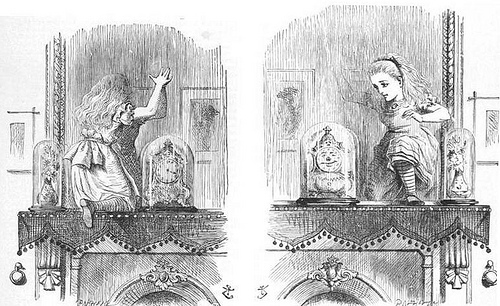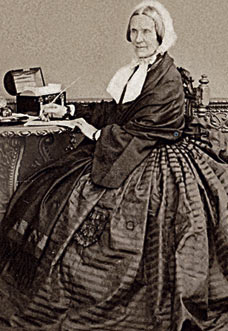In 1852, two years after condemning all of Europe, cranky Victorian travel writer Favell Lee Mortimer turned to the east for Far Off: Asia and Australia Described. What did she learn of the colorful people, rich history, and sophisticated cultures of these exotic lands?
- “The reason why the Armenians live in holes in the ground is because they hope the Kurds may not find out where they are.”
- “It is impossible to trust a Persian.”
- “The Buddhists are full of tricks by which to get presents out of people.”
- “The Chinese are very selfish and unfeeling.”
- “The Arabs are so unforgiving and revengeful that they will seek to kill a man year after year.”
- “In disposition the Siamese are deceitful and cowardly.”
- “It must be very terrible to live in the midst of such murderers as the people of Bokhara seem to be.”
And: “All the religions of China are bad, but of the three, the religion of Confucius is the least foolish.”


